A Quest for Peace or a Quest for Strategic Balance?
A Quest for Peace or a Quest for Strategic Balance?
By Yıldıran Acar, Political Scientist
Budapest has become the focal point of global diplomacy in recent weeks. One of the biggest reasons is the phone call between Putin and Trump on 16 October 2025, which lasted roughly two and a half hours. This conversation was not merely a “substantive and friendly” contact; it also yielded a decision to hold a face-to-face summit in Budapest. The potential meeting planned between US President Donald Trump and Russian President Vladimir Putin can be seen not only as an interaction between two leaders, but as a reflection of the shifting power relations in the global system. This initiative has the potential to determine not only the future of the war in Ukraine, but also the direction of Europe’s security architecture.
The fact that the summit is to take place in Hungary reveals that the need for neutral diplomacy in Europe has re-emerged. Yet even before the process began, it was drawn into an intense struggle of disinformation and perception.
Why Budapest?
The choice of Budapest is no coincidence. There are historical, geographical, and diplomatic reasons behind it. A capital at the threshold of Central Europe—within the EU and NATO, yet offering a more flexible political topography outside core molds—blends spatial practicality with symbolic neutrality. Since the Cold War, Hungary has been one of the rare Central European countries able to maintain contact with both the Eastern and Western blocs. The Budapest Memorandum, signed in 1994, envisaged security guarantees in exchange for Ukraine’s denuclearization; this document became one of the symbolic texts of Europe’s security order. For this reason, the name “Budapest” is already associated in the international community’s memory with the concepts of “security” and “commitment.”
Geographically, Hungary today sits at the center of Europe. Although it is a member of both NATO and the EU, it stands outside the hard line of the Western alliance. The shuttle diplomacy that Prime Minister Viktor Orbán has conducted in recent years between Kyiv, Moscow, Washington and Beijing grants Budapest a functional mediating role. This position makes Hungary a “neutral yet accessible” platform for both Washington and Moscow.
Another reason for choosing Budapest is the political climate in Europe. Cities like Prague or Berlin are not seen as “safe diplomatic spaces” due to their tight alignment with NATO and EU policies, whereas Budapest offers a setting where parties can move on security grounds.
Moreover, Hungary has long been one of the countries directly harmed by the economic effects of the war in Ukraine, which gives it an intrinsic motivation for peace initiatives. Faced with rising energy costs and disruptions in supply chains, the Orbán government treats the prolongation of the war as a national security issue. This makes Budapest not only geographically but also politically a “suitable ground for peace negotiations.”
Information Wars and Media Reflections
From the outset, reports about the Russia–America summit have taken shape amid an intense environment of disinformation. While Kremlin sources state that preparations are proceeding sincerely “within the framework of informal contacts,” Western media have persistently published stories that the summit has been halted or cancelled. This shows that the media has become not merely a conveyor of news in diplomatic processes but a direct policymaking actor. According to Russian Foreign Ministry spokesperson Maria Zakharova, this contradictory flow of information is part of a psychological operation aimed at providing moral support to Ukrainian President Zelenskiy. Around the same time, Trump’s remark that he did not want to “waste my time” echoed at the center of this information war. However, Trump did not back down, saying, “I didn’t say anything, we will just see what happens”; this suggests that diplomatic uncertainty is actually part of a controlled strategy.
Hungary’s Position: Seeking Balance in Europe’s Fracture
For a long time, Hungary has pursued a careful balancing policy between its European Union membership identity and its dialogue with Russia. Prime Minister Viktor Orbán described the Budapest meeting as “existentially important” for the country. In his view, ending the war in Ukraine means not only regional stability but also economic recovery. “If the war ends, the economy will breathe, and the people will win again,” says Orbán, making it clear that he conducts foreign policy on the basis of economic rationality rather than ideology.
Hungarian Foreign Minister Péter Szijjártó also drew attention to attempts to obstruct peace initiatives. According to Szijjártó, “pro-war circles” are conducting systematic campaigns through the media to discredit peace efforts. This statement indicates that Hungary defines its position within Europe along a line that differs from the general Western narrative.
A Deepening Divide in Europe
Reactions to the summit point to a deep divergence of views within the European Union. Slovak Prime Minister Robert Fico accused the European Union of trying to block the meeting. According to Fico, “If the EU truly wants peace, it should pave the way for this meeting.” His statement is seen as a reflection of the “peace-centered” politics gaining ground in Central European countries.
By contrast, Polish Foreign Minister Radosław Sikorski announced that if Putin were to use Polish airspace en route to Hungary, they would enforce the International Criminal Court’s arrest warrant. However, Bulgarian Foreign Minister Georg Georgiev took a different stance, stating, “If the summit is for peace, our airspace is open.” These opposing statements once again demonstrated how difficult it is for Europe to form a common strategic vision.
The Impact of the Media and Public Opinion
News channels in Russia claim that the Western media is attempting to “spoil” the Trump–Putin meeting. Izvestia and Sputnik describe the conflicting information from Western sources about the meeting as “controlled leaks.”
Conversely, The Guardian and Bloomberg wrote that Trump intends to pressure Ukraine into a swift ceasefire, and that this unsettles allies in Europe. Within European public opinion, concerns are mounting that Trump’s peace proposals could “endanger Ukraine’s territorial integrity.”
Among expert circles, there are comments that the Budapest process is being shaped through the media rather than via classic diplomatic channels. This shows that in modern international relations, public diplomacy and information management have become as influential as military power.
Conclusion: A New Era Amid Uncertainties
The Budapest process has exposed the fragile balances within Europe and the Atlantic alliance. Even before the meeting has taken place, the war of words over the parties’ intentions shows the depth of the power struggle in international relations.
What is being debated today is not merely a diplomatic encounter; it is Europe’s attempt to establish a new balance between war and peace. Should this meeting materialize, it could become a turning point that determines not only the war in Ukraine but also the future of Europe’s security order.
In this process, peace is taking shape not as an ideal, but as the outcome of a quest for strategic balance.







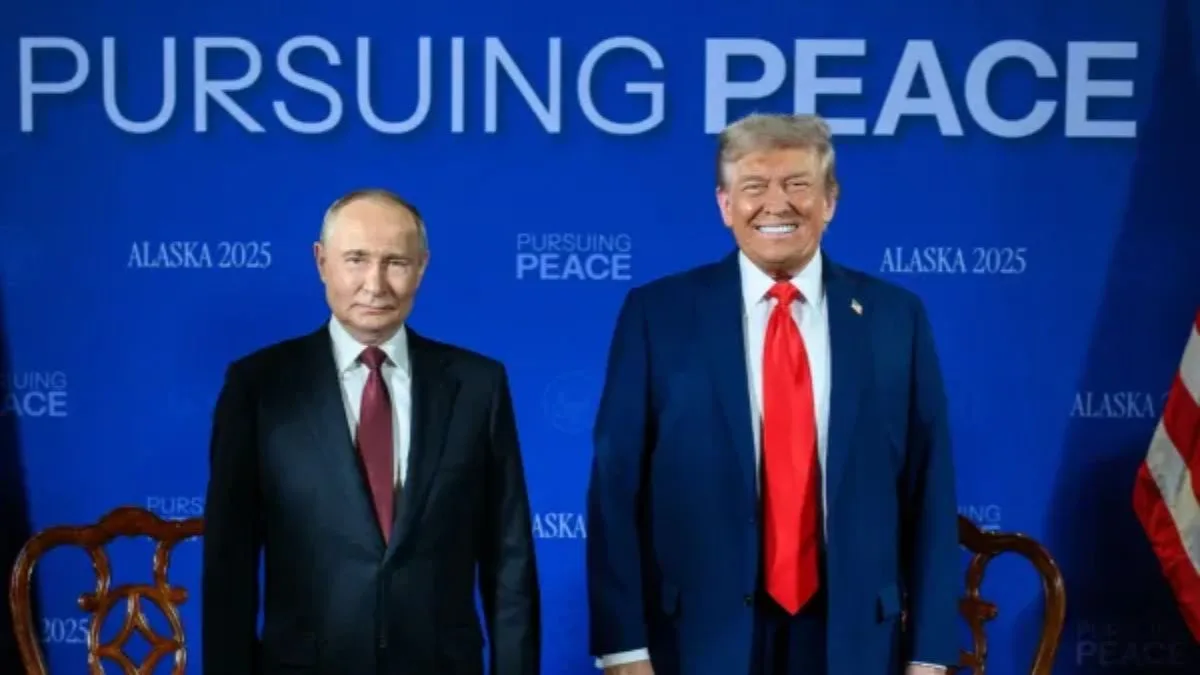
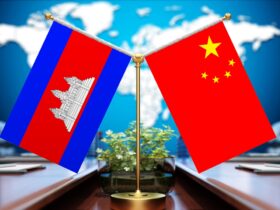


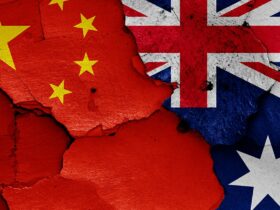

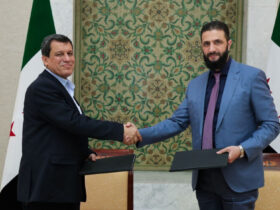
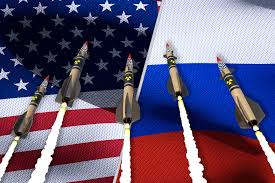
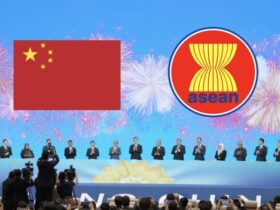

Leave a Reply